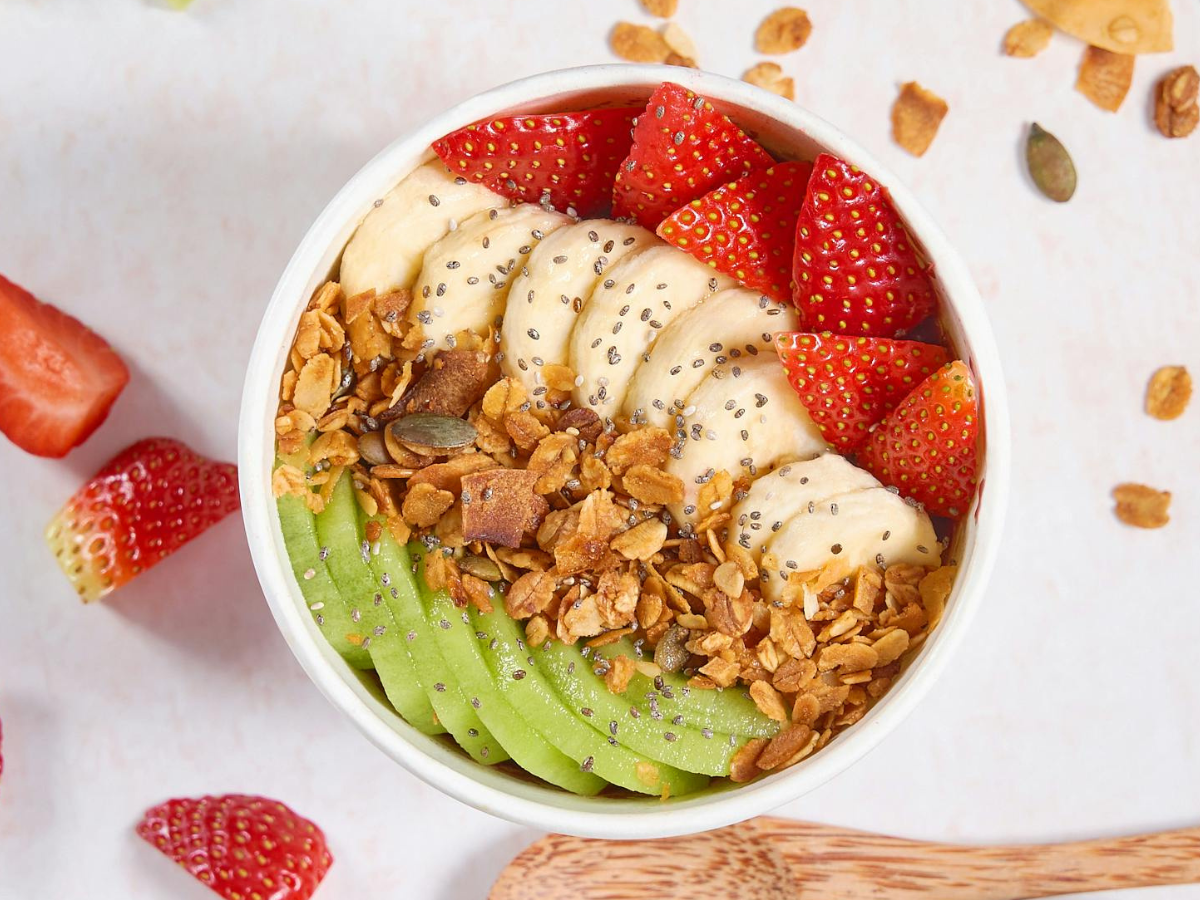Don’t sleep on these nutritious foods!
10 "Underrated" Sources Of Protein You Should Be Eating

Meredith Holser is B+C's resident affiliate writer. Meredith enjoys writing about a range of topics, but she's adopted e-commerce writing in all its many facets. Outside of work, you can catch Meredith hiking, trying new recipes, and dreaming about having a yummy little treat.
Protein is essential for building muscle, staying energized, and feeling full, but it doesn’t have to come from the same ol’ boring grilled chicken and scrambled eggs. There are plenty of “underrated” sources of protein that pack a punch – from unexpected plant-based options to overlooked pantry staples. If you’re looking to bulk up your meals with protein while still getting the nutrients you need, these gems definitely deserve a spot on your plate.
Scroll on for 10 “underrated” sources of protein to add to your diet!

Pixabay / PEXELS
1. Quinoa
Quinoa is a complete protein, meaning it contains all nine essential amino acids. One cooked cup of quinoa carries about 8 grams of protein, so it’s an excellent choice for vegetarians and vegans alike! In favor of more common grains like rice or pasta, give quinoa a try for that extra protein-rich boost.
Kaboompics / PEXELS
2. Cottage Cheese
Cottage cheese is packed with protein – but not just any protein. It’s surprisingly rich in casein protein, a slow-digesting protein that helps with muscle recovery and satisfying your hunger. A single cup can provide over 25 grams of protein! A lot of people tend to avoid it due to its unique texture, but cottage cheese is actually incredibly versatile for smoothies, toasts, or eaten with fruit.
Ella Olsson / PEXELS
3. Tempeh
Tempeh, a block made from fermented soybeans, contains about 21 grams of protein per 100 grams. It also gives you those nice probiotics and fiber, which contribute to a healthy gut! It can be quite similar to tofu at times, though it has a firmer texture and a nuttier flavor.

Any Lane / PEXELS
4. Greek Yogurt
If you’re not eating Greek yogurt, you’re totally missing out! Greek yogurt has nearly double the protein of regular yogurt, with around 17 grams per serving – though you can buy some varieties with more. Greek yogurt also supplies lots of probiotics and calcium for gut and bone health. Eat it as a breakfast, add it to salad dressings, or even chicken marinades for added protein!

Mart Production / PEXELS
5. Lentils
Lentils have around 18 grams of protein per cooked cup, along with beneficial fiber and iron. They’re also a great budget-friendly option, are shelf-stable, and can easily be added to soups, stews, and salads. Add some lentils to your chickpea or black bean rotation, and you’re golden!

Nano Erdozain / PEXELS
6. Black Beans
Black beans are where it’s at! Black beans contain about 15 grams of protein per cooked cup, along with plenty of fiber that helps with digestion and controlling your blood sugar. Many people associate beans with carbs rather than protein, so they don’t always recognize them as a great plant-based protein source!

Cottonbro Studio / PEXELS
7. Seitan
Seitan (AKA wheat gluten) carries around 21 grams of protein per 100 grams. It’s very comparable to meat, though it’s fully plant-based. Its meat-like texture makes it a great substitute for both vegetarians and vegans. Add it to sandwiches, tacos, pastas, and more to bulk up your protein game.

Spencer Davis / PEXELS
8. Edamame
Edamame makes a wonderful high-protein snack, weighing in at about 17 grams of protein per cooked cup. Edamame, like quinoa, is also a complete protein, so it’s packed with the essential amino acids.

Taryn Elliott / PEXELS
9. Nutritional Yeast
Nutritional yeast is another tasty complete protein with about 8 grams of protein per 2 tablespoons. It’s also very rich in B12, which is essential for vegans who may not get enough. It has a totally underrated cheesy, umami flavor, but many people are unfamiliar with it or unsure how to use it. We suggest sprinkling it on popcorn, pastas, or soups!

Eiliv Aceron / PEXELS
10. Chia Seeds
Chia seeds contain about 5 grams of protein per 2 tablespoons and are loaded up with omega-3 fatty acids, fiber, and antioxidants. When soaked in water or milk, they form a gel-like texture that works well in puddings, smoothies, and oatmeal. Many people think of them as just a fiber source rather than a protein source, even though they offer a solid protein boost in a considerably small dosage!
Subscribe to our newsletter for more healthy eating tips + recipes!



















